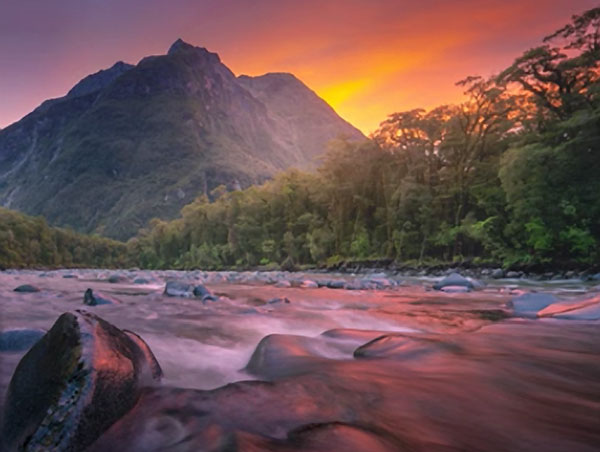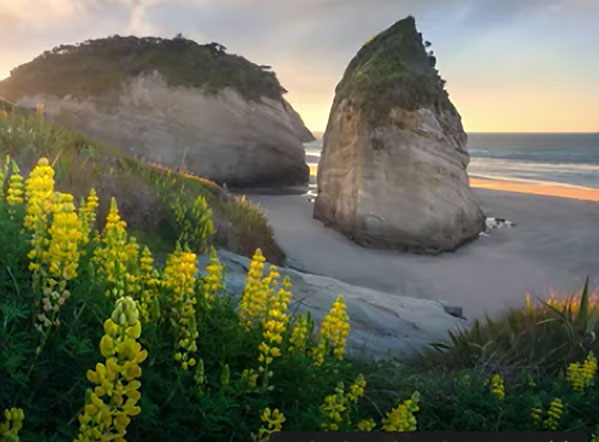A Pro Trick for EPIC Wide-Angle Landscape Photos (VIDEO)
While more and more landscape photographers are turning to long telephotos when shooting in the field, the trusty wide-angle is still the go-to choice for most of us. And there’s a good reason: The perspective provided by short focal length lenses is often perfect for capturing dramatic, expansive vistas.
Or as one popular pro puts it: “landscape photographers love the wide-angle lens because it allows us to capture more of the grand scene in front of us.” But there’s a catch: To achieve optimum results when going wide, it pays to use a simple trick that you’ll learn in the quick video below.
William Patino is a landscape photographer based in gorgeous Fiordland, New Zealand where there seems to be spectacular vistas just about everywhere one looks. Most of us don’t have the good fortune to live in such a photographer-friendly locale, but fortunately Patino isn’t shy about sharing techniques that will pay big dividends wherever you live.

Patino summarizes today’s topic in just three words: “Closer, closer, closer.” His straightforward technique is a variant of a rule you’ve probably heard before; namely, the importance of composing landscapes with a strong subject in the foreground—especially when shooting with a wide-angle lens.
So what’s Patino’s big secret? It’s simply this: you may be in the habit of moving close to whatever foreground object you choose (whether it’s a gnarly tree, interesting boulder or even a hiking companion), but there’s a very good chance you’re still not getting close enough. Patino says, “This is a mistake I see photographers make time and time again, and it’s stopping them from capturing the drama that’s in front of their eyes.”
Patino explains the process by demonstrating how to get this just right, by achieving the perfect balance between moving in close and getting so tight that you spoil the grandeur of what’s in the background of a scene.

Along the way you’ll pick up some great tips on composition, including how this powerful technique affects the way you frame different types of scenes.
There’s much more to learn on Patino’s instructional YouTube channel, so be sure to take a look.
On a related note, we suggest you also watch an earlier tutorial we posted, explaining how to avoid three common habits that prevent nature photographers from reaching their full potential.





